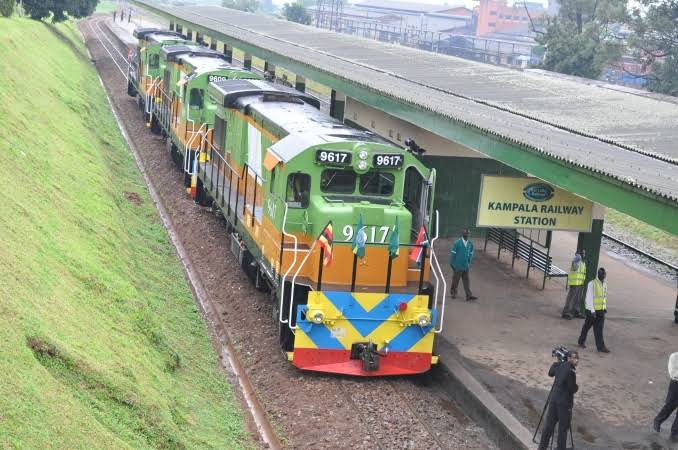
LONDON .
A London-based international arbitration tribunal has ordered Rift Valley Railways’ investors, RVR Investments (Pty) Ltd (RVRI) and KU Railways Holdings Limited (KURH) to pay Uganda USD 3,668,519.25 (about Shs1.3trillion ) in legal fees after losing a five-year old case .
The investor , which Uganda’s canceled its contract in 2017 to run Uganda Railways infrastructure , also has to pay another GBP 200,369.11 (about Shs966million) in arbitration costs .
In the termination letter, Finance Minister Mr Matia Kasaija said RVR had failed, among other things, to hit the agreed freight volume targets which were even revised downwards in 2014.
RVR had sought compensation in excess of 2.3 billion US Dollars (over Shs7.1 trillion) from Kenya and Uganda.
Core to the dispute was alleged failure by the two East African governments to harmonize operational standards across the two countries, adverse impacts caused by the development of the Standard Gauge Railway (SGR), repudiation of agreements due to SGR plans, and deceit and inducement to continue investment despite an alleged hidden intention to retire the Meter Gauge Railway (MGR
The arbitration that was commenced by the Investors (‘RVR’) on 2nd April 2020 was conducted under the UNCITRAL Arbitration Rules (2010) before a three-member tribunal seated in London.
But after a lengthy hearing and a comprehensive review of the evidence brought by all the parties, the Tribunal rejected all claims against Uganda.
While dismissing the claims, the Tribunal found that “Uganda was not in breach of its harmonisation obligations as had been alleged,”
Further, the Tribunal noted that the Uganda Concession Agreement was terminated for a multitude of independent reasons based on RVR’s own shortcomings.
Uganda consistently maintained that it was not in breach of its contractual obligations, and that RVR’s own mismanagement, underperformance, and failure to meet agreed freight volume targets and maintenance commitments led to the termination of the concession.
Reacting to the clearance, the line ministry of Justice said: “This award underscores Uganda’s firm position that the termination of the Concession was lawful, justified, and necessary to protect a critical national infrastructure asset.
Uganda reaffirms its commitment to fair and transparent investment partnerships and the responsible stewardship of public assets.”
Adding: “Uganda reaffirms its commitment to fair and transparent investment partnerships, and the responsible stewardship of public assets.”
Uganda was represented by the Attorney General’s Chambers, Curtis, Mallet-Prevost, Colt & Mosle LLP, and K&K Advocates.
The SGR was conceived over a decade ago to boost East African regional integration by connecting the cities to the coast.
This saw a regional SGR Protocol signed in 2014 under the flagship of the Northern Corridor Integration Projects. It was agreed that each country was to develop its own sections of the SGR network to facilitate the connection among the three original East African member nations of Uganda, Kenya, and Tanzania.
But as of late last year, only Kenya and Tanzania had gone on with significant internal constructions. President Museveni, in November last year, at a colorful ceremony held at the border town of Tororo, also launched the
construction of the SGR line in Uganda.
Mr Museveni said once complete, the project is expected to lower the cost of doing business, hence attracting quality investment.